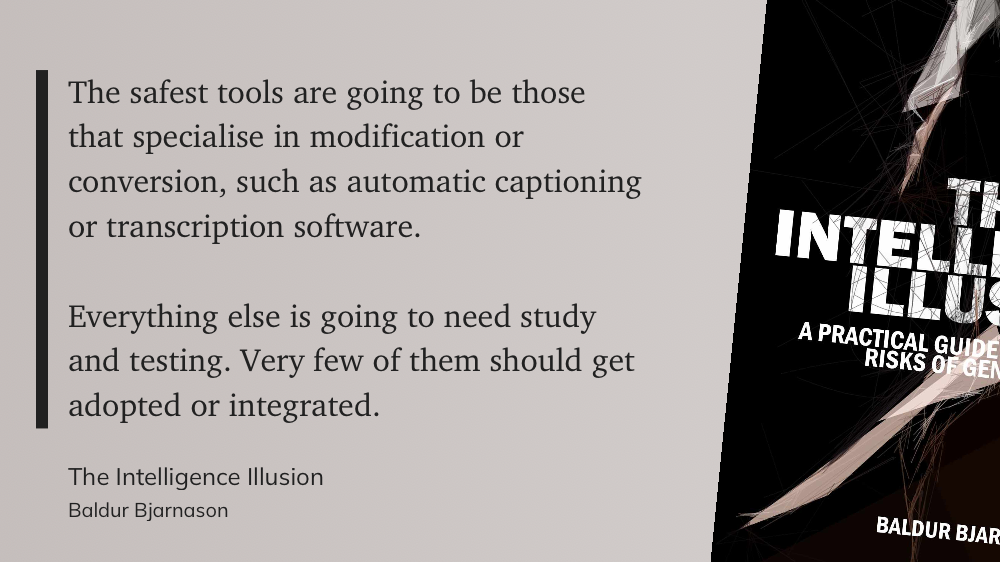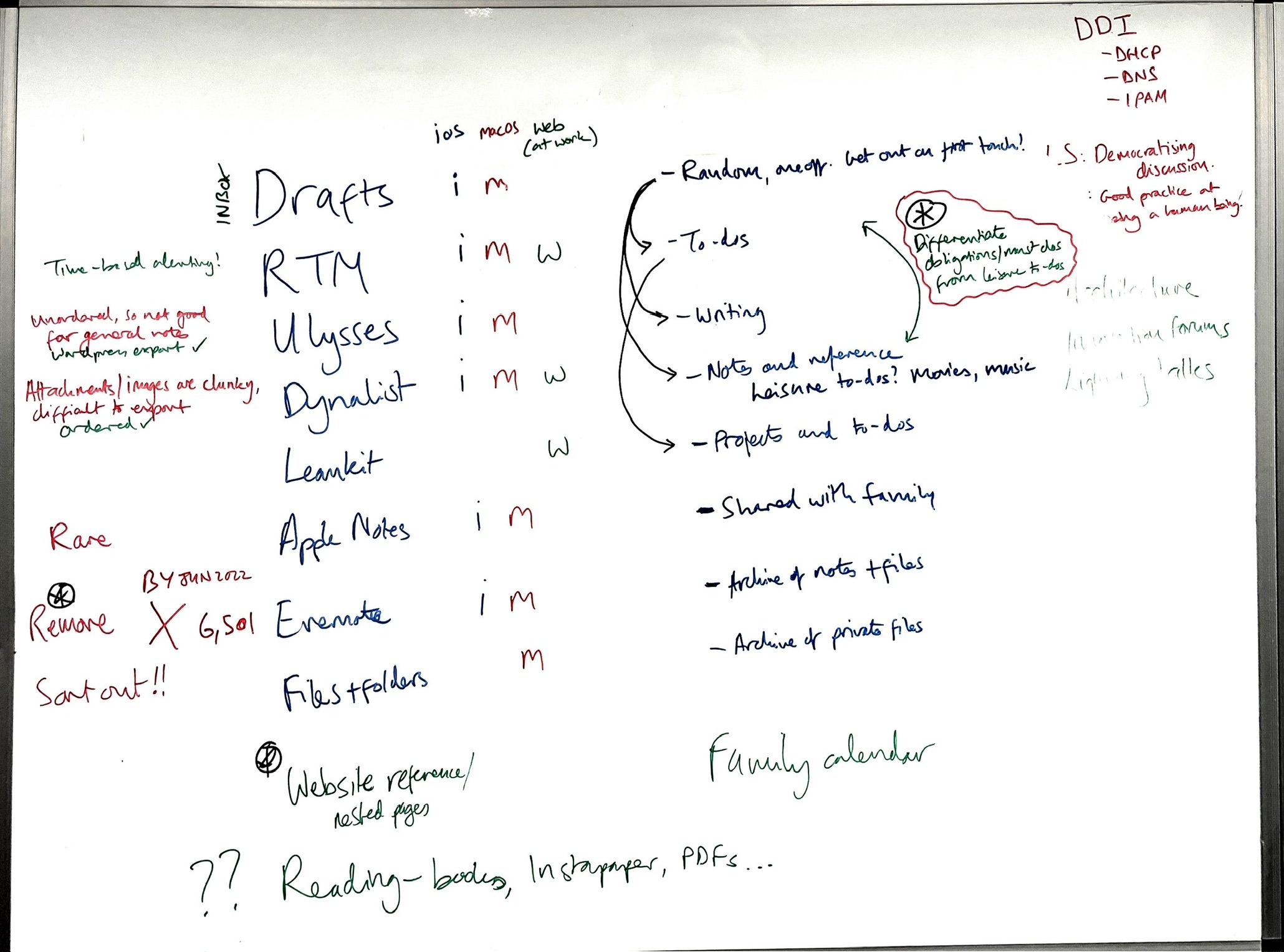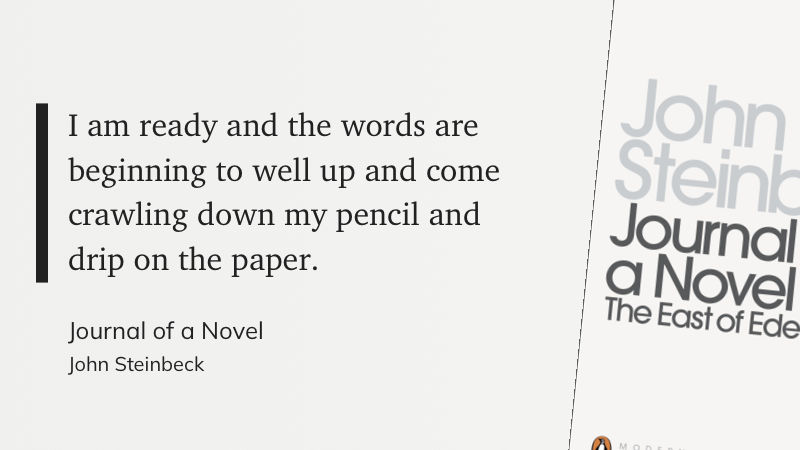
I love it when a book makes me think about something in a new way. I love it even more when it challenges something so fundamental that I didn’t realise that there could be a different way of seeing things.
We grow up believing that national borders have historical, profound meaning to them. But they are political lines on a map, put there long after people first started living in a place. The premise of this book is that the creation and existence of a border, particularly a political or physical border, is a violent act.

The birth of modern states
The book notes that the Peace of Westphalia in 1648 at the end of the Thirty-Years’ War was when the principle of modern nation state sovereignty was established:
The treaties that ended the war, collectively known as the Peace of Westphalia, represented a break with the past in several significant ways. Historian Peter Wilson writes that “Westphalia’s significance lies not in the number of conflicts it tried to resolve, but in the methods and ideals it applied.” The resolution of the conflict set in motion the enclosure of the majority of the surface of the earth as state territories within borders. (p105)
Fast forward to today. The United Nations is an organisation that “remains the one place on Earth where all the world’s nations can gather together, discuss common problems, and find shared solutions that benefit all of humanity.” However, despite having the word ‘nations’ in its title, is actually concerned with states:
Although nation and state are often used interchangeably, they refer to different entities. A state is a political institution with a bureaucracy, territory, borders, and the sovereign right to create and enforce laws. A nation is a group of people who perceive that they have a shared connection to each other and to a land that entitles them to political control over that territory. There are many examples of groups such as the Kurds that consider themselves to be nations but do not control an independent state. The UN serves to institutionalize existing states as the legitimate sovereign authorities in bounded territories.
[…]
States have to be recognized by other states to join the UN; by joining, a state agrees to recognize the boundaries and sovereignty of all the other member states. (p155)
This creates a number of problems. For example, climate change isn’t something that can be dealt with by each state alone — the actions of one state has an impact on all of the others. States such as Somaliland are not recognised by the majority of other states and therefore have no ‘seat at the table’ at the UN. And there are various people who find themselves trapped, divided or disenfranchised by the states they find themselves in. The Kurds are a persecuted minority group spanning Turkey, Iran, Iraq and Syria, and the Rohingya people are a stateless ethnic group who are not recognised in Myanmar, where they reside. Neither are directly represented at the UN.
Separating people by drawing lines on a map
The partition of India in 1947 into India and Pakistan eventually led to East Pakistan becoming Bangladesh.
Bangladesh literally means “the country of the Bengalis,” but its independence created an odd situation in which more than a third of all Bengali speakers live across the border in India, in the state of West Bengal. Furthermore, Kolkata, the cultural, economic, and political heart of Bengal for centuries, is located outside the country of the Bengalis, which is something akin to Paris not being in France. (p58)
The initial partition in 1947 by Cyril Radcliffe saw Bengal sliced in two with little regard for the people who I lived there. From Wikipedia:
Radcliffe, a man who had never been east of Paris, was given the chairmanship of the two boundary committees set up with the passing of the Indian Independence Act. Radcliffe was faced with the colonial duty (goreyaan de kamm) of drawing the borders for the new nations of Pakistan and India in a way that would leave as many Sikhs and Hindus in India and Muslims in Pakistan as possible. He was given only 5 weeks to complete the job. Radcliffe submitted his partition map on 9 August 1947, which tore apart Punjab and Bengal almost in half. The new boundaries were formally announced on 17 August 1947 – three days after Pakistan’s independence and two days after India became independent of the United Kingdom
Although the cultural links between the two political nations are strong, travel between the areas now known as Bangladesh and West Bengal can be perilous due to the militarisation of the border:
While the borders of the European Union and the United States have resulted in tens of thousands of deaths in the past decade as migrants are funneled to more dangerous crossing points, the India-Bangladesh border has the highest number of deaths at the hands of a state security service, India’s Border Security Force (BSF). From 2000 to 2015, the BSF killed more than a thousand Bangladeshi civilians along the border. (p56)
The book goes into detail about the killing of Felani Khatun, a 15-year-old girl who attempted to cross the border using a ladder. She had been travelling from West Bengal to Bangladesh with her father. He had made it across, but she was shot by the BSF and left hanging on the fence for hours.
Erecting borders between nation states and policing people who pass through them is a relatively new invention. From Wikipedia:
In the later part of the nineteenth century and up to World War I, passports were not required, on the whole, for travel within Europe, and crossing a border was a relatively straightforward procedure. Consequently, comparatively few people held passports.
During World War I, European governments introduced border passport requirements for security reasons, and to control the emigration of people with useful skills. These controls remained in place after the war, becoming a standard, though controversial, procedure.
From the book:
The International Organization for Migration suggests that “the relatively low number of migrant deaths before 1990 may be related to the fact that it used to be much easier to reach Europe by regular means, even in the absence of official government authorization to immigrate.” Prior to 1974, for example, France allowed migrants to come and go freely. Spain allowed North Africans to enter freely until 1991. (p26)
Over time, borders have become increasingly militarised. The barriers themselves are violent, either directly through barbed wire and armed patrols, or indirectly due to people finding ways to avoid them through other, more perilous routes.
The boundaries that enclosed land into private property and established state sovereignty within territories and seas are treated as if they have always existed eternally, but even the oldest political borders are only a few hundred years old; most are only a few decades old. They are not the result of a transparent sorting of historical peoples into their own territories. Instead, borders are an efficient system for maintaining political control of an area through agreements and documents that are backed up with the threat of violence. (p117)
The concept of land ownership
Many years ago I spent a week visiting the Infosys office campus in Pune, India. The site was as lush and beautiful as a pristine golf course, and this extended out to the vivid green grass that covered the roundabout at the entrance to the complex. One day we pulled up outside and saw an array of people and grazing animals on the roundabout. My driver explained that these were nomadic people. It got me thinking that their concept of sharing the land that they have lived on for hundreds of years had run up against the privatisation of the space all around them.
My wife and I own the land that our house sits on. We paid for it, and a title deed exists that says it is ours. But this concept is bizarre — why should this particular chunk of land be any more mine than it is for any other person that is born anywhere else on the planet? The concept of land ownership helps to keep things orderly and organised, but it is an illusion.
The concept of private land ownership is relatively new, enabled by modern cartography:
During the Middle Ages, the modern idea of private property did not exist. A wide range of different relationships between kings, vassals, peasants, and the church regulated land use. In medieval England, the king claimed sovereignty over all of the land and leased it out to vassals, or lords, who pledged military aid to the king and provided a small portion of their harvests as a tax. All of the land was ultimately the king’s. (p94)
[…]
The significance of these changes cannot be overstated. Up until the sixteenth century in England, land was conceived of as a space that might be controlled by someone but did not necessarily belong to anyone besides the king. But once surveyors and mapmakers codified the rural agricultural land of England, it became less a vast space people knew through local experience and more a disciplined commodity, captured on paper and administered from a distance. It was no longer necessary to have local knowledge; land was legible to anyone who could see the map—an elite group that was often limited to the monarchy, the lords, and their agents. (p97)
Differentiating between refugees, asylum seekers and economic migrants
Refugees move from one place to another to escape oppression and war. The current invasion of Ukraine by Russia has already displaced millions of people who are fleeing the conflict.
Some people move to seek asylum. It may be that they come from places in the world that do not accept them. For example, ILGA World’s map of sexual orientation laws shows a spectrum of policies across the globe, from acceptance of same-sex marriages to the death penalty for being homosexual. It is clear why some people may wish to move to a more accepting society and escape the danger in the place that they live.

Migrants may also move for economic reasons. Why should someone be forced to be trapped in poverty based on where they happened to be born? The book makes a very good point that we don’t do this within a nation. It’s complicated, but we can look to challenge why do this between nations.
Consider this example. The US state of Maryland has the highest median household income at approximately $70,000 per year, double the rate of the neighboring state of West Virginia. Furthermore, West Virginia is often stereotyped as having a “country” culture that does not match the progressive Northeast. Maryland and West Virginia share a border, so imagine if the governor of Maryland decided to build a wall, set up internal checkpoints, and begin to deport the poorer and culturally different people of West Virginia. This sounds ludicrous-mostly because, within countries, the right to move trumps the rights of local political communities to limit access. No matter how much Maryland might want to protect its economic wealth, jobs, and culture from the poor, unemployed, and culturally different residents of West Virginia, it cannot. Nevertheless, it seems normal that countries can do the exact same thing for the same reasons—to protect jobs, wealth, and culture. That sense of normalcy needs to be disrupted. (p172)
I know that I am incredibly lucky to have been born in the UK. This good fortune means that my potential economic prosperity is substantially better than the majority of people in the world. But it was an accident of birth.
Reading about this reminded me of How To be An Antiracist by Ibram X. Kendi. In his book, Kendi puts forward his view that someone is either racist or antiracist. Being ‘not racist’ — opting out of engaging with racism or ignoring it — is actually racist, as it perpetuates the imbalances that are already present. Borders have a similar effect to racism in that they keep the economic imbalances going. Allowing migrants to come and go freely would do something to rebalance wealth and prosperity:
The true source of the crisis is that movement restrictions at borders continue to allow states to contain the poor and protect the wealth and privilege of their populations. (p28)
It boils down to this:

The borders do not just exist on the land. The lack of a safe, legitimate way to enter a country means that people will take the alternative. It is estimated that one out of every four people that attempts to enter the EU by boat dies on route, giving the EU the deadliest border in the world. People do not consider make this perilous journey lightly.
This reality is captured in the powerful poem “Home” by British Somali poet Warsan Shire:
you have to understand,
that no one puts their children in a boat
unless the water is safer than the land
…
no one leaves home until home is a sweaty voice in your ear
saying—
leave,
run away from me now
i don’t know what i’ve become
but i know that anywhere
is safer than here.
(p25)
Things that we think will never change, can change
The book strikes a hopeful note for the future, putting our current system of borders in context of other things that have dramatically changed in the recent past:
The system of states, borders, and resource enclosures is embedded in our culture and our way of life and permeates many aspects of our existence, to the point that it is difficult to imagine life outside of it. But the past two hundred years have included major social changes that were previously unthinkable as people have collectively resisted injustices in the world, including slavery, colonialism, lack of universal suffrage, and South Africa’s apartheid system. Today we take it for granted that these practices were unjust and it was only a matter of time before they collapsed, although at one point change seemed impossible. The current system of borders is no different. (p163)
This book is fascinating and well-written. Thoroughly recommended.























